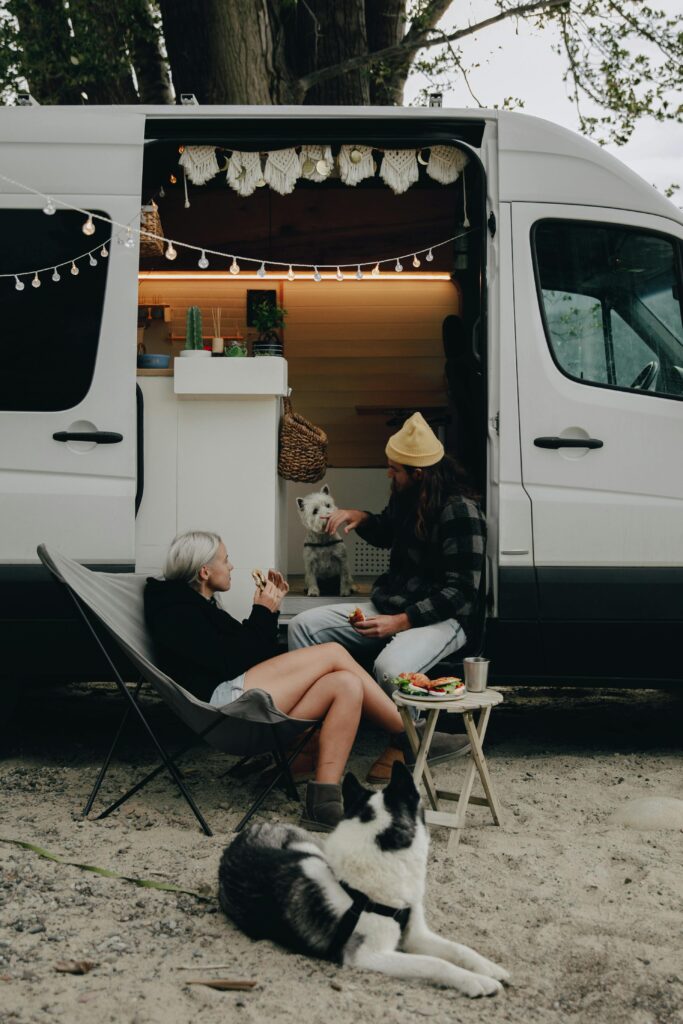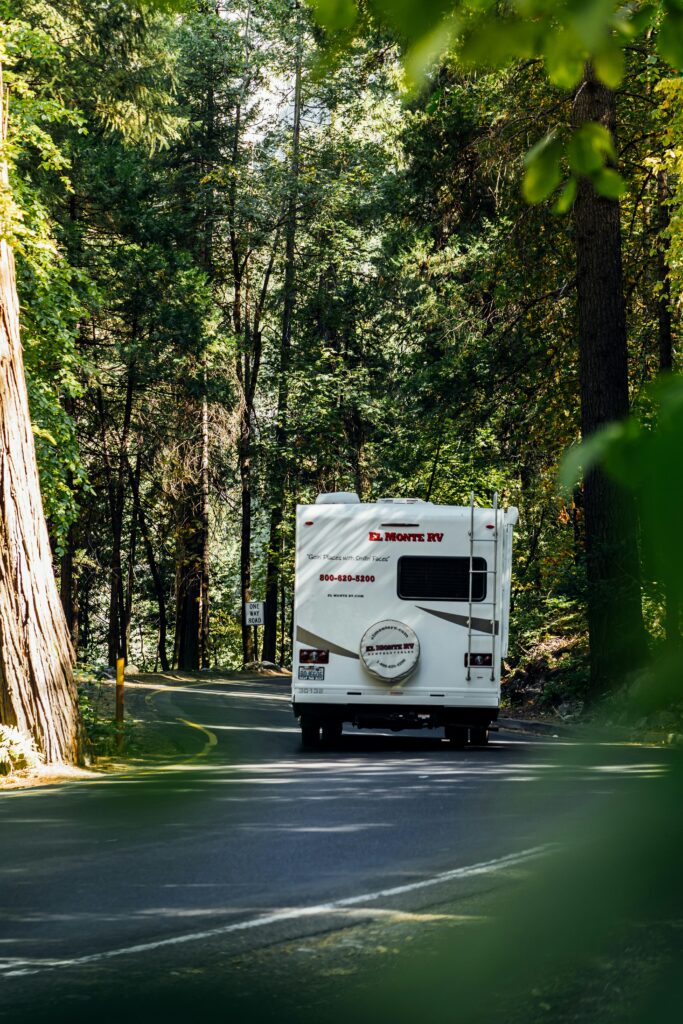RV Living 101: Your Beginner's Guide to Life on the Road
Renting an RV can be an exciting way to travel, offering the freedom to explore while enjoying the comforts of home. However, ensuring a smooth and hassle-free experience starts with asking the right questions before signing the rental agreement.
The allure of the open road, the freedom to explore, and the excitement of a constantly changing scenery – these are just a few of the reasons why RV living is gaining popularity. Whether you’re dreaming of a short weekend getaway or planning a full-time nomadic lifestyle, this guide will equip you with the essential knowledge to embark on your RV adventure.

1. Choosing the Right RV:
The first step is selecting the perfect RV to suit your needs and budget.
- Class A: These motorhomes resemble buses and offer the most space and luxury. However, they are also the largest and most expensive to operate.
- Class B: Often built on a van chassis, Class B RVs are more compact and easier to maneuver. They offer a balance of space and fuel efficiency.
- Class C: A blend of Class A and B, these RVs are built on a truck chassis and provide a good balance of space and maneuverability.
- Travel Trailers: These are towed by a separate vehicle and come in a variety of sizes, from small teardrops to large fifth-wheel trailers.
- Fifth-Wheel Trailers: Connect to the bed of a pickup truck, offering more space and amenities than traditional travel trailers.
Consider factors like your budget, travel style, family size, and driving experience when making your decision.
2. Essential Gear and Supplies:
- Camping Essentials: Tent, sleeping bags, camp chairs, cooking gear, cooler, and a first-aid kit are must-haves.
- RV-Specific Gear: Consider items like leveling blocks, sewer hoses, water hoses, electrical cords, and a portable generator.
- Comfort Items: Don’t forget personal items like bedding, towels, toiletries, and any medications you may need.
- Safety Gear: Include a fire extinguisher, carbon monoxide detector, and a basic tool kit.
3. RV Maintenance Basics:
- Regular Inspections: Learn how to perform basic RV maintenance checks, including tire pressure, fluid levels, and battery voltage.
- Waste Disposal: Understand how to properly dispose of gray water (sink and shower water) and black water (sewage).
- Troubleshooting Minor Issues: Familiarize yourself with common RV problems and learn basic troubleshooting techniques.
4. Planning Your Route:
- Research destinations: Plan your route based on your interests, including national parks, state parks, and other points of interest.
- Book campsites in advance, especially during peak season.
- Consider factors like weather, road conditions, and driving distances when planning your itinerary.
5. Tips for a Successful RV Trip:
- Pack light: Minimize the amount of luggage you bring to maximize space in your RV.
- Utilize available resources: Take advantage of campgrounds with amenities like laundry facilities, showers, and Wi-Fi.
- Embrace the RV lifestyle: Be flexible, adaptable, and enjoy the journey!
RV living offers a unique and rewarding experience. By following these tips and doing your research, you can embark on a memorable adventure filled with exploration and discovery.

